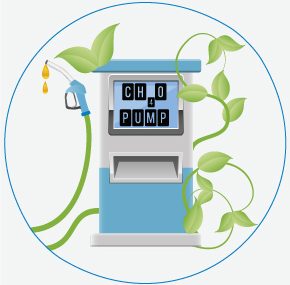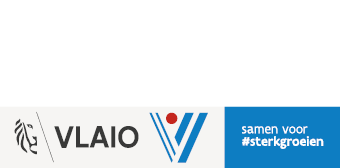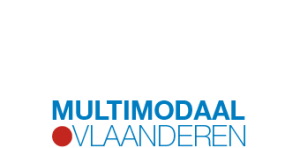Mobile Methanol Utilisation
In the project “Mobile Methanol Utilisation (MMU)”, VIL and UGent have investigated the role that green methanol can play in making heavy-duty logistics more sustainable.
status: Closed |
theme:
Green Supply Chains |
type:
Regional
Methanol is commonly used as a raw material for industrial applications, but its current production is mostly based on fossil sources. However, it is also possible to produce methanol from biomass or from green hydrogen and captured CO2, which is referred to as green methanol.
The Carbon Capture and Utilisation (CCU) technology can be used to convert CO2 into green methanol and is one of the most mature CCU technologies. Planned investments in Flanders will potentially enable the production of green methanol by CCU.
Green methanol, as a climate-neutral fuel, has several interesting properties. It is liquid at ambient temperature, has a high energy density, and greatly reduces emissions of nitrogen components (NOx), sulfur components (SOx), and particulate matter. Due to its chemical properties, green methanol can be transported, stored, and refuelled in a manner very similar to conventional fossil fuels. It can be gradually introduced into the internal combustion engine, which is important for land vehicles, watercraft, or equipment with a long service life.
Goal
VIL and UGent have researched the potential role of green methanol in making certain heavy-duty logistics applications more sustainable. These applications include inland navigation, rail transport, specific port activities, and cargo handling. It is important to ensure that the technical capabilities of green methanol align with the operational requirements of companies within their economic context.
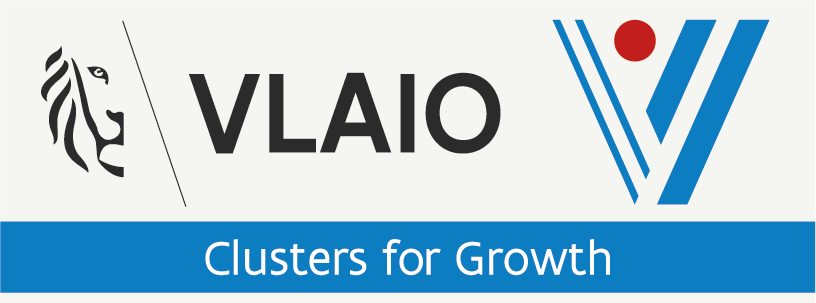
Results
Methanol is a compact fuel that is easy to transport, use, and store. It can also be produced from biomass, which eliminates the uncertainty regarding availability. According to the TCO tool, when the report was published, methanol dual-fuel excavators were 35% cheaper than current hydrogen dual-fuel technology. However, they are still 27% more expensive compared to current diesel-based technology. The use of green methanol may become more economically attractive if methanol is added to the list of excise tax exemptions. Another concern is the local availability of green methanol. Additional efforts are still needed to establish a national network that covers the lack of local availability for green methanol.
Practical details
Start: December 2021
End: February 2024
Participating companies
25 participants: Aertssen Services, Anglo Belgian Corporation, Barging Solutions, Boluda Towage Europe, Deme, Denys, Havenbedrijf Antwerpen-Brugge, Herbosch-Kiere, Inovyn, Jan De Nul Group, JoGo Logistics, Lineas, Lloyd’s, Naval Inland Navigation, North-CCU-Hub, North Sea Port, POM Limburg, Provincie Oost-Vlaanderen, PSA Antwerp, Roose, Shipit, Soliqlux, Urban Waterway Logistics, Victrol and WeBarge.

























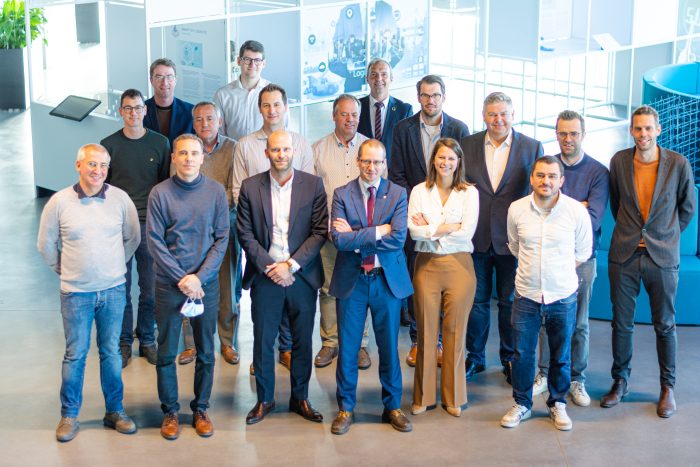
Would you like to know more?
Contact Julie Stuer (julie.stuer@vil.be)

